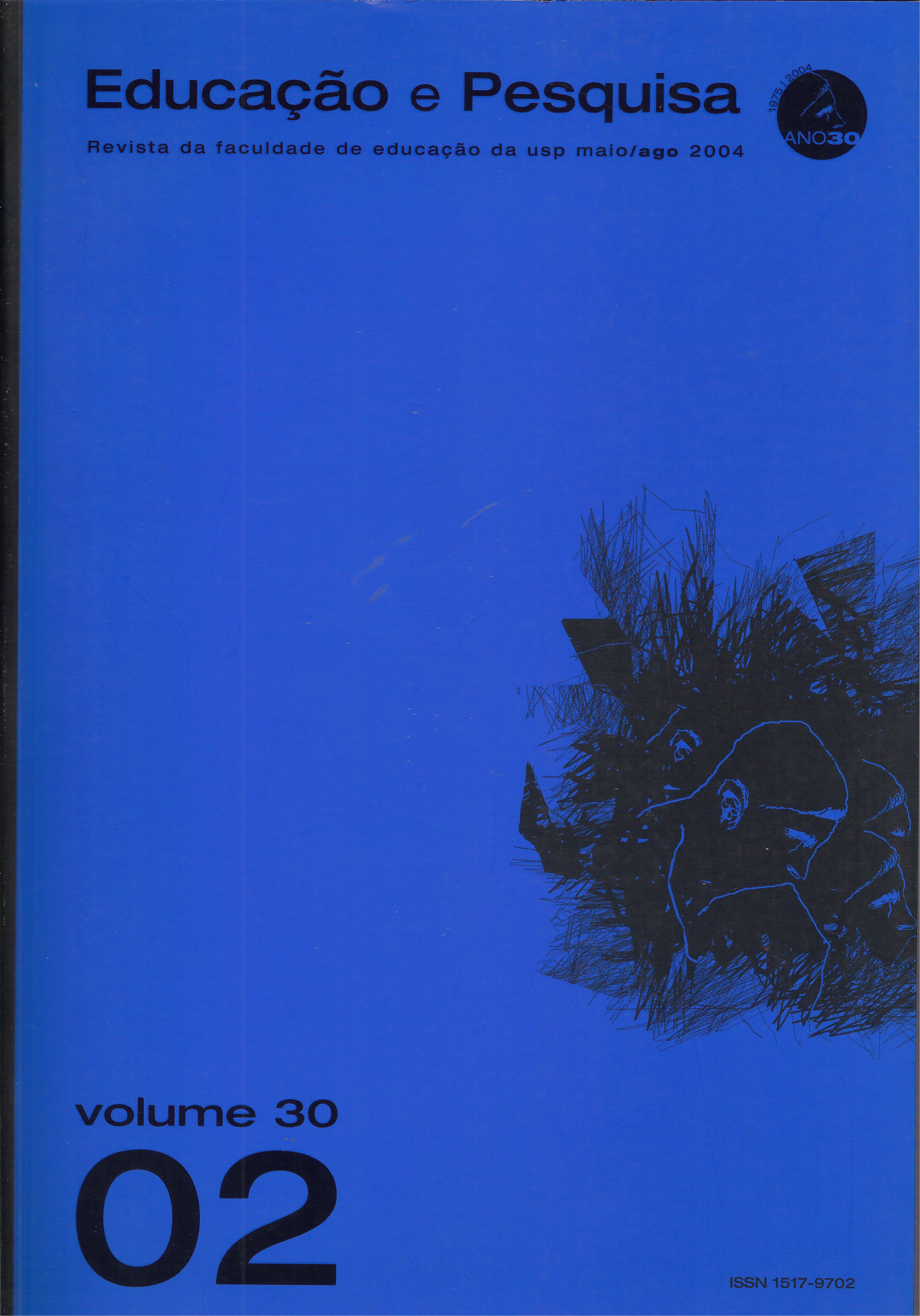Comprender y hacerse comprender: como reforzar la legitimidad interna y externa de los estudios cualitativos
DOI:
https://doi.org/10.1590/S1517-97022004000200008Palavras-chave:
Sociología, Metodología cualitativa, Validez, GeneralizaciónResumo
El objetivo de este texto es de tomar en cuenta los aportes de un cierto número de publicaciones recientes de carácter metodológico, principalmente francesas, y nuestras propias reflexiones acerca de las condiciones de producción y de recepción de las interpretaciones cualitativas para proponer diferentes maneras de aumentar la legitimidad interna y externa de los estudios cualitativos, particularmente en la sociología de la educación. En la primera parte analizamos como mejorar la validez de las interpretaciones a través de la observación de un cierto número de reglas en la selección del campo de estudio y en la realización de entrevistas y observaciones. En la segunda parte nos interesamos a la manera de mejorar el trabajo de interpretación a través de la toma de distancia, el refuerzo de la coherencia interna y la aplicación de diversas estrategias de generalización.Downloads
Os dados de download ainda não estão disponíveis.
Downloads
Publicado
2004-08-01
Edição
Seção
Em Foco: Pesquisa Sociológica e Metodologia Qualitativa
Licença
A publicação do artigo em Educação e Pesquisa implica, automaticamente, por parte do(s) autor(es) a cessão integral e exclusiva dos direitos autorais da primeira edição para a revista, sem quaisquer honorários.
Após a primeira publicação, os autores têm autorização para assumir contratos adicionais, independentes da revista, para a divulgação do trabalho por outros meios (ex.: repositório institucional ou capítulo de livro), desde que citada a fonte completa, com as referências da mesma autoria e dos dados da publicação original.
As ideias e opiniões expressas no artigo são de exclusiva responsabilidade do autor, não refletindo, necessariamente, as opiniões da revista.
Como Citar
Comprender y hacerse comprender: como reforzar la legitimidad interna y externa de los estudios cualitativos . (2004). Educação E Pesquisa, 30(2), 301-313. https://doi.org/10.1590/S1517-97022004000200008



